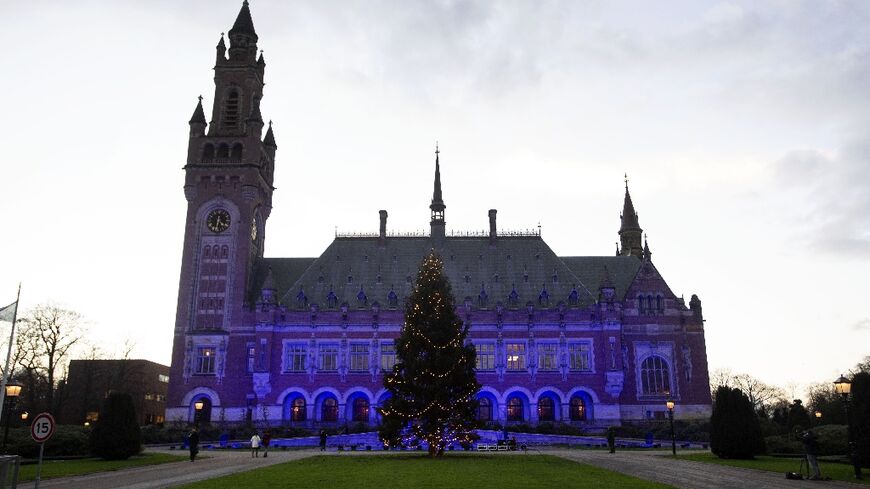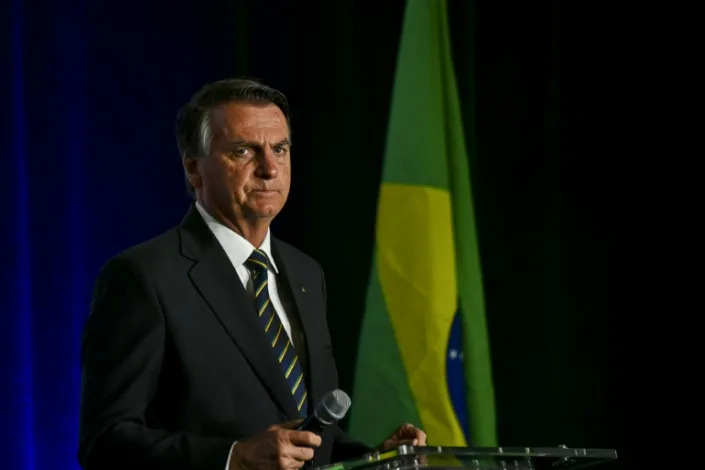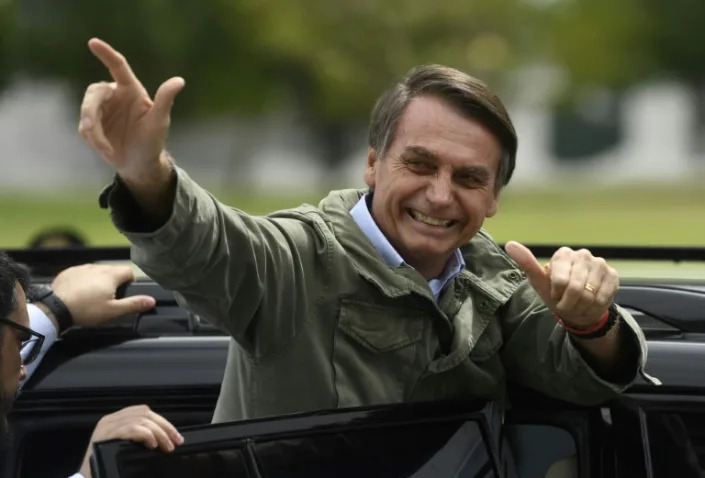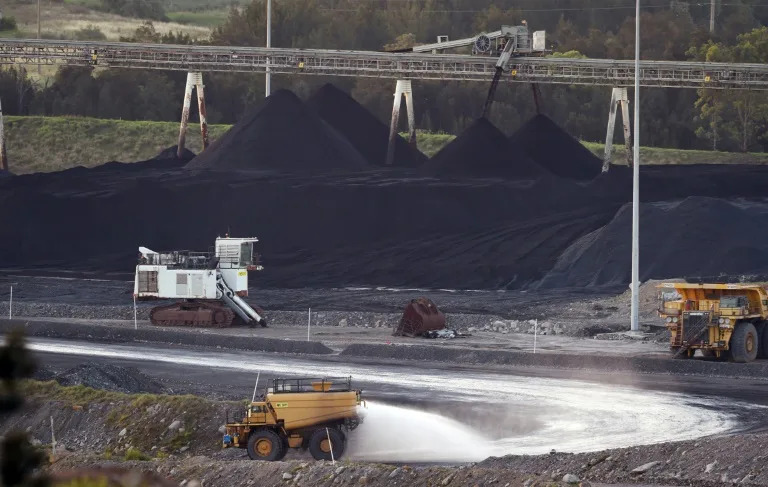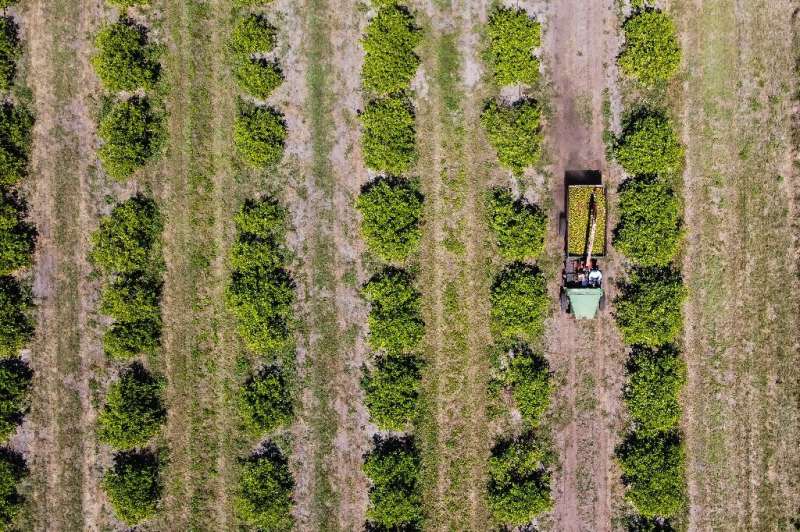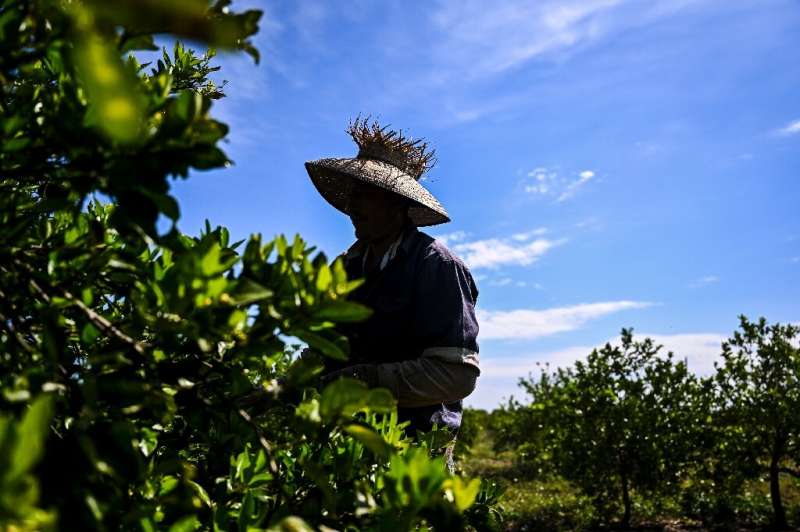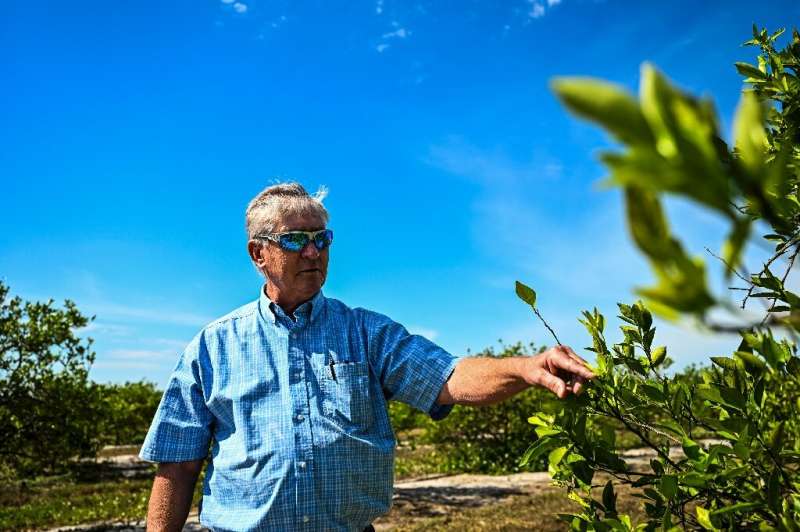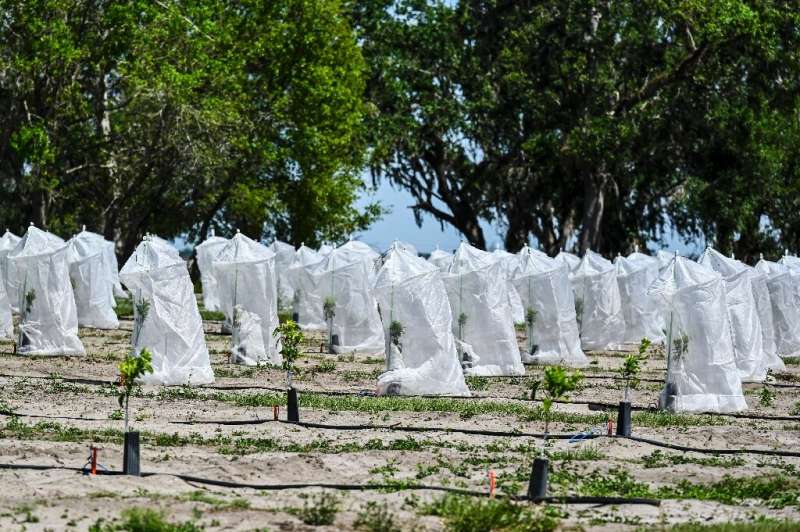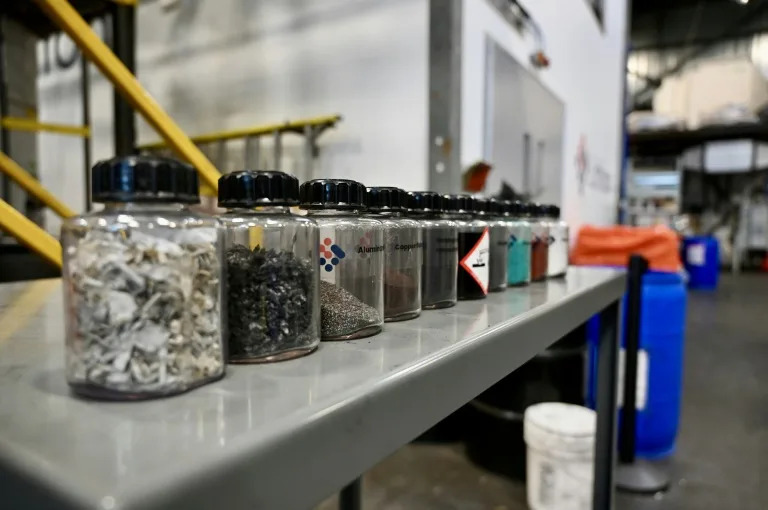MARCH 30, 2023
By EU Reporter Correspondent

Police in Paris were confronted by black-clad groups that set fire to garbage containers and threw projectiles at them. They also charged at them and used teargas to disperse protestors against President Emmanuel Macron's deeply unpopular pension bill.
On Tuesday (28 March), clashes broke out at rallies similar to those in Rennes, Bordeaux, and Toulouse. A bank branch was set on fire in Nantes.
Although public anger has morphed into more anti-Macron sentiments, violence was much lower than last week. Rally attendees were generally peaceful.
Live footage from BFM TV shows that one man was lying motionless on the ground following a Paris police officer's charge. The same footage went viral on social networks. The man was rescued by police who stopped to help him but didn't respond to a request to comment.
The government refused to suspend and rethink the pension law, which raised retirement age by two years to 64. This angered labour leaders, who demanded that the government find a way to end the crisis.
The government stated that it is more than willing and able to meet with unions on other topics but reiterated its commitment to pensions. Prime Minister Elisabeth Borne offered to meet with unions on Monday and Tuesday.
Since mid-January, millions of people have joined strike action and demonstrated against the bill. The unions stated that April 6 would be the next day of nationwide protests.
Protests have been more intense as the government used special powers in order to force the bill through parliament without any vote.

Fanny Charier (31), who works for Pole Emploi, a job-seeker office, said that the bill "acted as a catalyst to anger over Macron’s policies."
Macron, who in both his presidential campaigns promised reform on pensions, said that change was necessary to balance the country's finances. Opposition parties and unions say that there are other options.
Laurent Berger (head of the CFDT union), stated that they had proposed a solution and were being ignored again.
CAR FIRES
On Thursday, the "Black Bloc" anarchists demolished bus stops, smashed shop windows and ransacked a McDonald's in Paris. Similar acts were also carried out in other cities.
This was the worst street violence France had seen in years, recalling protests against Macron's yellow vest movement.
Despite some clashes, rallies on Tuesday were peacefulr.
The boarded up front of a BNP Paribas branch in Nantes was set ablaze. One car was set ablaze near the rally's fringes, and others fired fireworks at police.
Protesters also blocked Rennes' ring road in western France and set a car on fire. Protesters also blocked trains tracks in Marseille and Paris for a time.
Travel disruption was continued by rolling strikes in the transportation, aviation and energy industries.
Paris's garbage collectors announced that they would suspend a week-long strike that left streets around iconic landmarks littered with trash.
Teachers were also less on strike than in previous days. Union leaders claimed that high inflation made it more difficult for workers to give up a day of pay at the picket lines.
According to the Interior Ministry, 740,000 protestors marched in the country on Tuesday. This is well below the 1.09 million who demonstrated at the March 23rd rally. Paris numbers were lower than last week's record, but they were higher or equal to previous demonstrations since January.
Nevertheless, 17% of French fuel stations were without at least one product on Monday night, France’s petroleum association UFIP stated citing data from the energy ministry.
Charles de Courson from the opposition Liot party said that French authorities should take lessons from the Israel situation, where the government had just stopped a controversial justice overhaul.
MARCH 29, 2023
By EU Reporter Correspondent

Charles Chauliac, a teenager, is furious that French President Emmanuel Macron wants to delay retirement for hard-working people like his parents. He bypassed parliament in order to do this.
The 18-year old has been taking to Paris' streets every evening for the past few days to force a U turn.
He marches through Paris, dodges police, and joins other young people in spontaneous protests, singing: "We're here, we're here, even though Macron doesn't want it!"
The reform, which increases the age at which most people are eligible to draw a retirement pension by two years to 64 is more relevant to their parents and less to young people like Chauliac.
Youths are joining protests in increasing numbers since the government chose to bypass parliament. This is a concern for authorities, in a country where young people can be crucial in street protests.
Chauliac said: "We are really upset about the bill being forced through."
This latest wave of protests has been the most severe and serious challenge to Macron's authority ever since the revolt of disgruntled workers class people four years back.
Chauliac's friends and family are commuting because of the rising retirement age.
The youngster said that his parents are killing themselves and causing damage to their health. He does civic service and helps students in junior high schools.
Many were further upset by Macron's leadership style, and the government's decision not to go through parliament. Recent graffiti on Paris' walls has targeted Macron or simply stated: Democracy.
Elisa Ferreira, a fellow teenager protester, said, "When institutions don't listen when demonstrations are held that are peacefully and that are declared,"
Ferreira, Chauliac and other students join spontaneous protests through private groups on social media to avoid being noticed police. He said that he showed a message on his cellphone asking: "Who's coming tonight?" ".
Chauliac claims he hasn’t been attacked by protestors who have set fire to bins and hurled rocks at police officers.
He adds, "A more radical movement...because no one listens to me"
Writing by Ingrid Melander, Yiming Woo; Editing By Christina Fincher
 Jeremy Hunt (Photo by Dan Kitwood/Getty Images)
Jeremy Hunt (Photo by Dan Kitwood/Getty Images)
